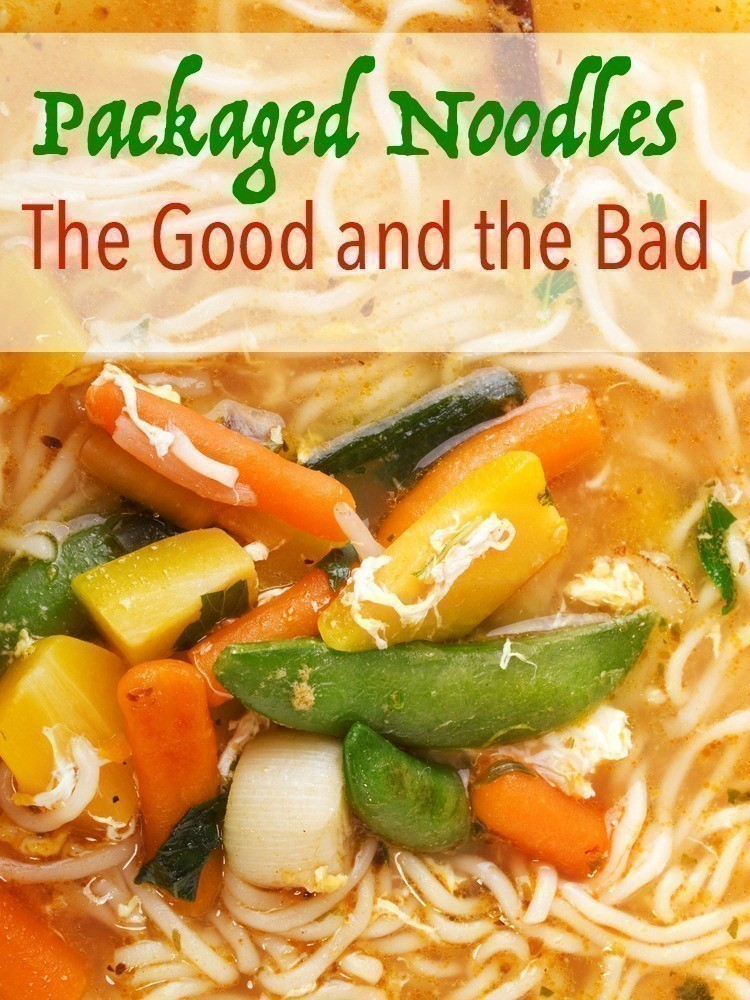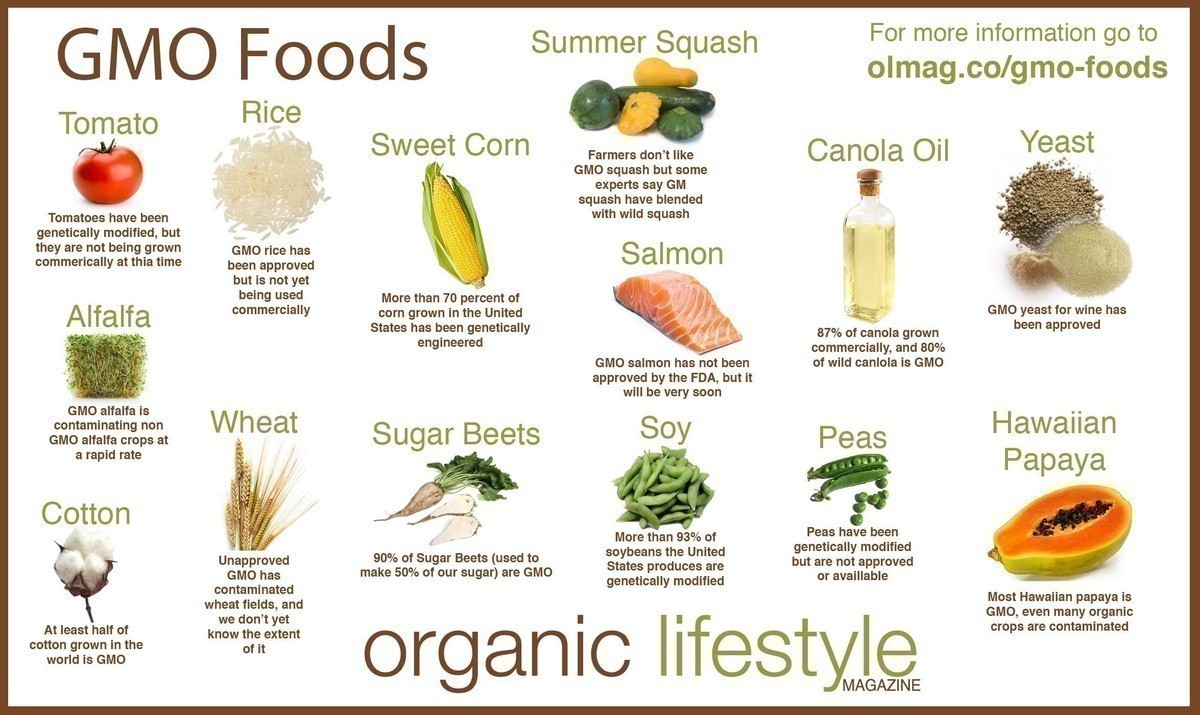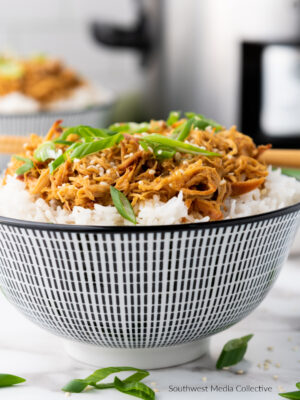
Instant Noodles are probably some of the most popular go-to for your lunch, for work or for dinner – even college students who are strapped for cash.
Even more, they are always cheap.. sometimes you can even possibly get them free (perhaps this week you are shopping the Mega Sale and are picking up noodles by the cartful – are you?) Nissin and Ramen are the most popular for people who are on a budget trying to stretch their money.
They may not be as bad as eating a burger and fries combo.. but they are not really what your body should be eating. They are merely convenience food – but keep in mind that the majority of convenience foods might appear to be cheaper, they aren’t that cheap long term.
So why skip over the processed Ramen or Chow Mein and avoid buying them entirely?
Only YOU can make that choice for yourself. If the deal and coupon with the deal is too powerful for you to say “no” to.. then you will probably be one of hundreds that throw them in their cart. But here’s why you MAY want to think twice..
They Don’t Easily Digest
Instant Noodles like Ramen and Nissin don’t break down too easily – even after hours of digestion…
Your digestive system works hard to break down foods, even processed foods – when you eat processed foods, typically your digestive system is able to break them down much faster since they are missing the GOOD fiber). Not only does that interfere with your blood sugar it also affects your insulin levels. One more reason to stay clear of processed foods.
But with Noodles that don’t digest after several hours, they sit, in your digestive tract. By sitting, they impact nutrient absorption. Not only that, the additives IN those noodles are sitting there … and some of those additives may be highly toxic.
One of the MOST notable additives of instant noodles (those sold in blocks, essentially), is TBHQ – it’s listed as an antioxidant, but it’s really a synthetic chemical with antioxidant properties AND a byproduct of the petroleum industry. TBHQ prevents oxidation of fats and oils – in essence, it’s meant to extend the shelf life of foods .. and allows it to sit on the shelf for a LONG time. (Source & Source)
You can find this additive in everything from Taco Bell Beans, to Frozen pizza, Nabisco Crackers, and even what you buy at McDonald’s. Oddly enough it’s also in pesticide products, cosmetics, perfumes, varnishes and more.
Though one may say it’s safe in such small amounts, considering how much processed food people eat daily, then those small amounts can & do add up.
Why is this item in so many products? One reason: it’s cheap. And, obviously the need to extend the shelf life on products in the store is necessary these days too.
Are they Safe to Eat?
The FDA has set levels on TBHQ – and has mentioned that it’s safe as long as you don’t consume more than 0 – 0.5 mg of your body weight. Although your body can eliminate it (TBHQ), remember that since it’s in those block of noodles, it’s sitting in your digestive tract for a very, very long time. (Source)
The Environmental Working Group has rated Nissin Noodles on a sale of 1 to 10 as a 9 – which is alarming, quite honestly. You can read the rest of the review HERE.

Not only do you have to worry about TBHQ, you should also be concerned with Sodium and MSG. As if TBHQ is not enough, the fact that MSG is in the dried convenience noodle packs SHOULD concern you – MSG is used to fatten up mice for scientific study. It has the same affect on humans – in that it has been shown in numerous studies to contribute to weight gain.
MSG is one of the world’s most widely used food additives. Although it tends to be more popular in Asian countries, Americans manage to get their share in processed foods, from chips to canned soups, even when it’s not labeled as such.
Far from Being Real Food


Photo Credit: Organic Lifestyle Magazine



